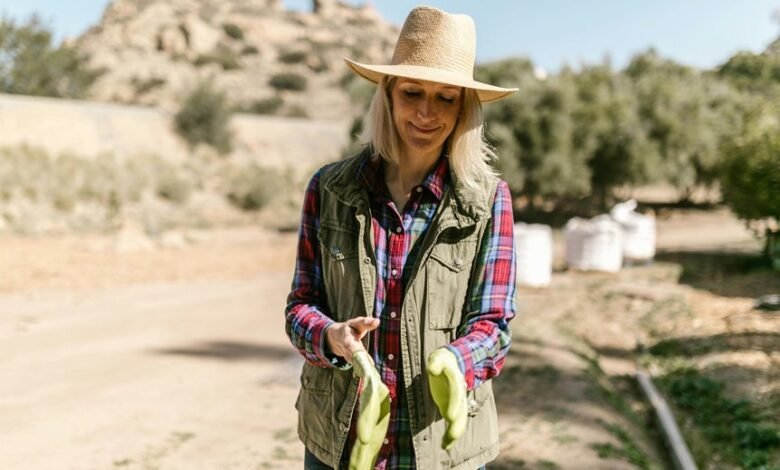What You Need to Know: Blind Frog Ranch Ownership Lawsuit

The Blind Frog Ranch ownership lawsuit centers on intricate legal battles concerning property rights and claims to potential treasure. Multiple parties assert ownership, complicating the situation further. These disputes not only raise significant issues in property law but also threaten the ranch’s operational stability. As the litigation unfolds, the outcomes could have far-reaching implications for investment opportunities and legal precedents in treasure-hunting cases. The stakes are high, and the resolution remains uncertain.
Background of Blind Frog Ranch
Blind Frog Ranch, located in Utah, has garnered attention not only for its natural beauty but also for the controversies surrounding its ownership and potential hidden treasures.
The site is steeped in mystery origins, fueling speculation among treasure hunters and enthusiasts alike. Its allure lies in the combination of an enigmatic past and the promise of undiscovered wealth, captivating those seeking adventure and freedom.
Overview of the Lawsuit
The ongoing lawsuit regarding the ownership of Blind Frog Ranch highlights complex legal disputes over property rights and claims to potential treasure.
Various parties assert conflicting ownership claims, leading to significant legal ramifications.
These ownership disputes not only involve questions of title and validity but also raise broader implications for property law, potentially affecting future claims to similar sites with rumored treasure.
Key Players Involved
As the lawsuit unfolds, several key players emerge, each with distinct interests and claims regarding Blind Frog Ranch.
Notable figures include the original owners, who assert their rights, and investors seeking to capitalize on the property’s potential.
This ownership dispute brings forth significant legal ramifications, as competing claims could reshape the future management and profitability of the ranch.
Implications for the Future of the Ranch
Ownership disputes often yield significant implications for future operations and sustainability.
The ongoing lawsuit surrounding Blind Frog Ranch underscores critical concerns regarding property rights, which may deter potential investors. Uncertainty in ownership can hinder future investments vital for development and preservation.
Establishing clear legal ownership is essential for fostering a stable environment that encourages growth, innovation, and responsible management of the ranch’s resources.
Conclusion
The ongoing ownership lawsuit at Blind Frog Ranch underscores the complexities of property law and the intricacies of treasure claims. As various parties stake their claims, the resolution of these disputes not only determines the fate of the ranch but also sets critical legal precedents for future treasure-hunting endeavors. Will the outcome of this litigation pave the way for clearer property rights in similar cases, or will it perpetuate uncertainty in the treasure-hunting community?





